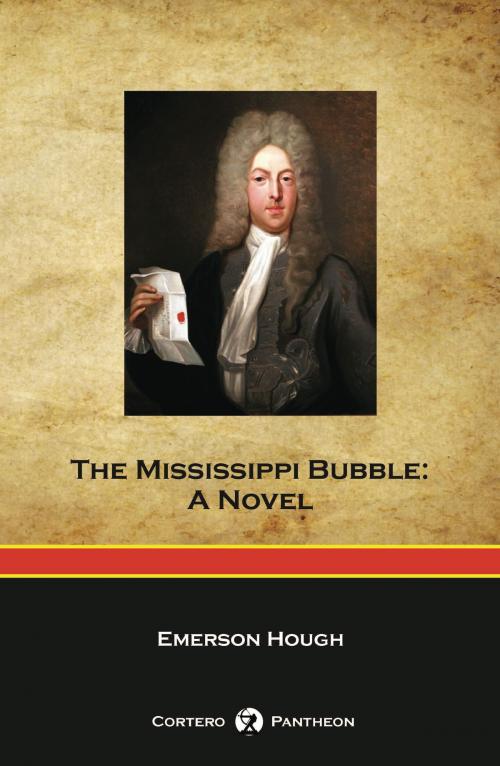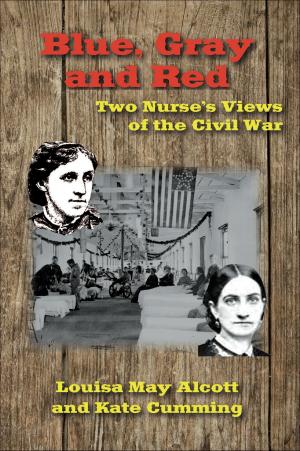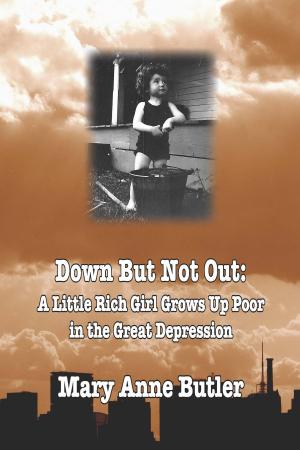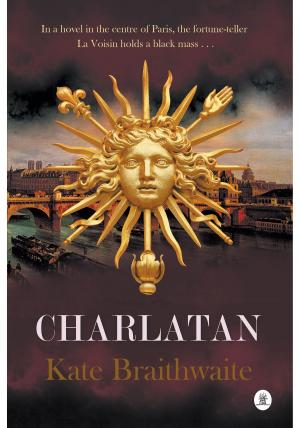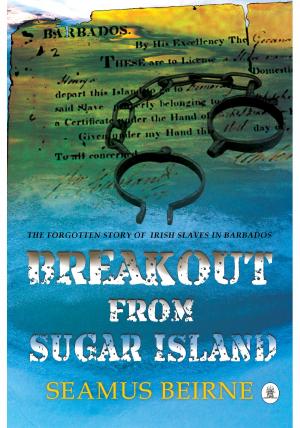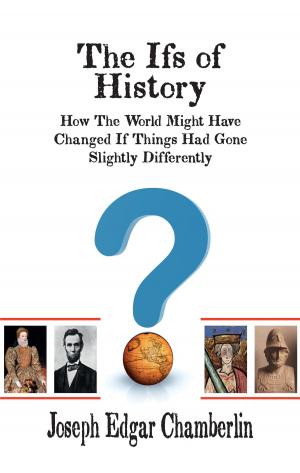| Author: | Emerson Hough | ISBN: | 9781611790849 |
| Publisher: | Fireship Press | Publication: | December 15, 2009 |
| Imprint: | Language: | English |
| Author: | Emerson Hough |
| ISBN: | 9781611790849 |
| Publisher: | Fireship Press |
| Publication: | December 15, 2009 |
| Imprint: | |
| Language: | English |
The Mississippi Bubble - The Granddaddy of Financial Disasters.
In 1716 France was broke. A series of wars waged by Louis XIV had left the economy in ruins, the king in debt, and the government coffers empty. France did not even have enough gold to produce new coins.
Into this breech stepped John Law, a brilliant Scottish economist, and a man on the run from British justice. He knew that France could never recover if it continued to base its money on precious metals that the government actually owned. So, he set up a bank and obtained the right to issue “paper money”—pieces of paper that stood for value, but had no intrinsic worth of its own.
Next, he bought a nearly defunct entity called the Mississippi Company, spun stories of gold and gems for the taking in France’s Louisiana territories, and issued shares of stock. To sweeten the deal, he offered nearly unlimited credit and would guarantee the share’s value. People flocked from all over France to buy Mississippi Company stock. By 1719, 500 livre shares were selling for 5000 livres. Overnight, poor people were becoming rich, and the rich were becoming even wealthier.
At some point the bubble had to burst; and, in 1720, it did. The value of Mississippi Company shares began decreasing; and people started asking, if my paper stock shares were losing value, what was happening to my paper money? This began a run of people demanding gold for paper, which the banks could not provide.
When the Mississippi bubble burst, tens of thousands were left impoverished. John Law was forced to flee the country, to die three years later—penniless.
Emerson Hough has beautifully captured the triumph and tragedy of that era in his best selling novel: The Mississippi Bubble. It’s a must read for anyone interested in how greed can overcome common sense in even the most rational of people.
The Mississippi Bubble - The Granddaddy of Financial Disasters.
In 1716 France was broke. A series of wars waged by Louis XIV had left the economy in ruins, the king in debt, and the government coffers empty. France did not even have enough gold to produce new coins.
Into this breech stepped John Law, a brilliant Scottish economist, and a man on the run from British justice. He knew that France could never recover if it continued to base its money on precious metals that the government actually owned. So, he set up a bank and obtained the right to issue “paper money”—pieces of paper that stood for value, but had no intrinsic worth of its own.
Next, he bought a nearly defunct entity called the Mississippi Company, spun stories of gold and gems for the taking in France’s Louisiana territories, and issued shares of stock. To sweeten the deal, he offered nearly unlimited credit and would guarantee the share’s value. People flocked from all over France to buy Mississippi Company stock. By 1719, 500 livre shares were selling for 5000 livres. Overnight, poor people were becoming rich, and the rich were becoming even wealthier.
At some point the bubble had to burst; and, in 1720, it did. The value of Mississippi Company shares began decreasing; and people started asking, if my paper stock shares were losing value, what was happening to my paper money? This began a run of people demanding gold for paper, which the banks could not provide.
When the Mississippi bubble burst, tens of thousands were left impoverished. John Law was forced to flee the country, to die three years later—penniless.
Emerson Hough has beautifully captured the triumph and tragedy of that era in his best selling novel: The Mississippi Bubble. It’s a must read for anyone interested in how greed can overcome common sense in even the most rational of people.
